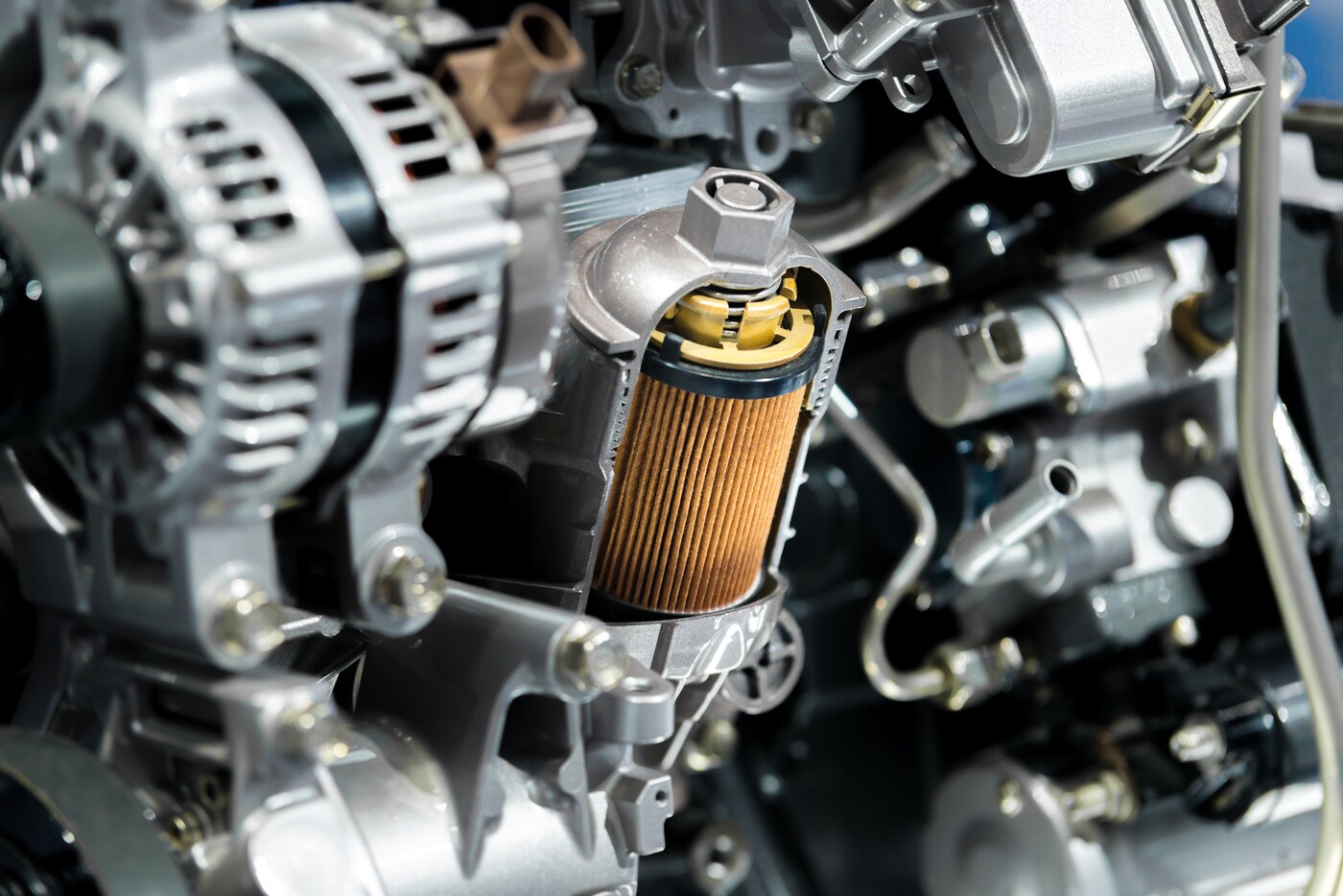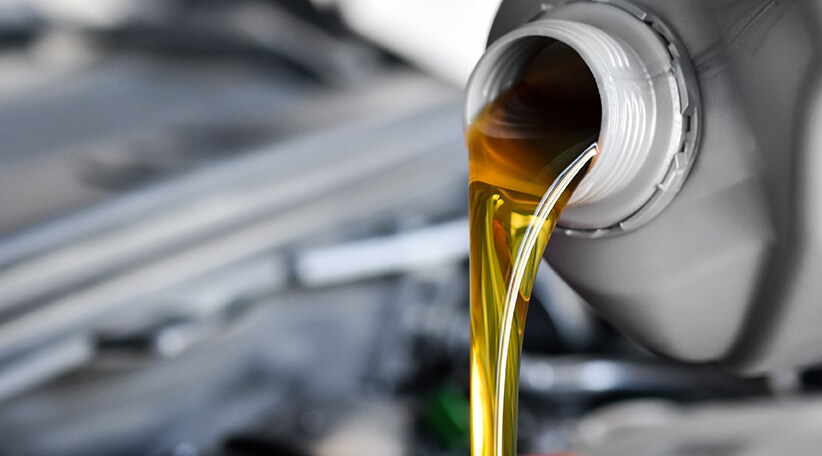
Oil Change in Muncy
Whether commuting to work, running errands, or going on road trips, your car is your trusted companion. However, with convenience comes responsibility. As a car owner, you must maintain your vehicle to ensure it runs smoothly. A crucial aspect of car maintenance is getting regular oil changes.
Motor oil is often dubbed the lifeblood of your vehicle. It lubricates, cools, and cleans the engine's internal parts. Even robust engines can suffer catastrophic damage without proper oil maintenance, leading to costly repairs or complete engine failure. This guide will cover everything you need to know about oil changes and why they are vital for your car's health.
Why are Oil Changes Important?
Consistently maintaining your vehicle's oil can yield significant benefits for your car's performance and wallet over time. Consider these compelling reasons to prioritize consistent oil changes:
- Extended engine life: Fresh oil provides optimal lubrication, reducing friction and wear on crucial components. This protection can significantly extend your engine's lifespan, saving you thousands in repair or replacement costs.
- Improved performance and efficiency: Clean oil allows your engine to run more smoothly and efficiently, potentially boosting power output and fuel economy. You'll notice improved acceleration, smoother operation, and fewer trips to the gas station.
- Early problem detection: Oil changes allow technicians to inspect your vehicle and catch potential issues before they escalate. This proactive approach can prevent minor problems from becoming major, costly repairs.
- Warranty: Many vehicle warranties require proof of regular maintenance, including oil changes, to remain valid. Failing to adhere to the recommended service intervals may void your warranty, leaving you responsible for future repairs.
- Environmental responsibility: Fresh oil helps your engine run more efficiently and reduces harmful emissions. Additionally, proper oil changes prevent excessive oil consumption and leaks, minimizing your vehicle's environmental impact.


What Should I Watch for to Indicate I Need an Oil Change?
The frequency of oil changes varies based on factors like your vehicle's make and model, driving habits, and oil type. While the old rule of thumb was to change your oil every 3,000 miles or three months, advances in engine technology and oil formulations have extended these intervals for many vehicles.
For most modern cars, the recommended oil change interval ranges from 5,000 to 7,500 miles. However, some vehicles equipped with synthetic oil can go up to 10,000 or even 15,000 miles between changes. Check your owner's manual or consult a qualified technician to determine the correct interval for your vehicle.
Factors that may necessitate more frequent oil changes include:
- Stop-and-go traffic: Frequent braking and acceleration increase engine strain and cause rapid oil degradation.
- Frequent short trips (less than 5 miles): Engines may not reach their optimal operating temperature during short trips, leading to moisture buildup in the oil and increased engine wear.
- Towing or hauling heavy loads: This stresses your engine and requires more frequent oil changes to maintain peak performance.
- Extreme weather conditions: Harsh temperatures (hot or cold) can affect how quickly your oil breaks down and may warrant more frequent changes.
- Off-roading: Dirt roads and rough terrain can expose your vehicle's engine to more dust and debris, leading to faster oil contamination.
If your driving habits fall into these categories, you may need to change your oil more frequently to ensure optimal engine protection.
What Does Engine Oil Life Mean, and What Should I Watch For?
While following recommended oil change intervals is crucial, paying attention to warning signs can prevent severe engine damage. Here are some key indicators to watch for:
- Check engine or oil change light: Many modern vehicles feature an oil change indicator or check engine light that illuminates when service is due. This sophisticated system considers various factors, such as mileage and driving conditions, so it's crucial to heed this warning promptly.
- Dark, dirty oil: Fresh oil typically has an amber hue, but as it accumulates contaminants, it darkens and becomes gritty. If your dipstick reveals dark brown or black oil with a gritty texture, it's a clear sign that your engine is overdue for an oil change.
- Increased engine noise: As oil loses its lubricating properties, engine components may produce more friction, increasing noise or knocking sounds. If your usually quiet engine starts to sound like it's working harder, it may be time for a change.
- Decreased fuel efficiency: Worn-out oil becomes less effective at reducing friction, forcing your engine to work harder and consume more fuel. If you make more frequent trips to the gas station without changing your driving habits, your oil might be the culprit.
Visible exhaust smoke: While some condensation from your exhaust is normal, especially in cold weather, blue-tinted smoke could indicate that oil is leaking into the combustion chamber. This signals the need for an oil change and potentially a more serious issue that requires immediate attention.


Which Engine Oil Blend Does Your Vehicle Need?
Selecting the correct oil for your car is crucial for maintaining engine health and performance. The two main types of engine oil are conventional and synthetic, with synthetic blend oils bridging the gap between the two.
- Conventional oil is derived from crude oil and is suitable for many older vehicles and those with simple engine designs. It's generally less expensive but requires more frequent changes.
- Synthetic oil is engineered to provide superior protection, especially in extreme temperatures and high-stress conditions. It lasts longer and offers better performance but comes at a higher cost.
- Synthetic blend oils combine conventional and synthetic bases, offering some of the benefits of synthetic oil at a more affordable price.
When choosing an oil, refer to your owner's manual for the recommended viscosity grade (e.g., 5W-30, 10W-40) and any specific oil requirements. Using the wrong type or grade of oil can lead to decreased performance and potential engine damage.
Schedule Your Engine Oil Change with Ciocca Honda of Williamsport
Don't let your vehicle's engine health and performance suffer due to neglected oil changes. Schedule your next oil change service at Ciocca Honda of Williamsport and experience top-notch care from our expert technicians. We use only high-quality, Honda-approved oils and filters to keep your vehicle running smoothly. Take advantage of our current parts promotion to save on this essential maintenance. Contact us today to book your appointment and ensure your Honda continues to perform at its best.
How Can We Help?
* Indicates a required field
-
Ciocca Honda of Williamsport
201 Lycoming Mall Dr.
Muncy, PA 17756
- Sales: 570-940-7002